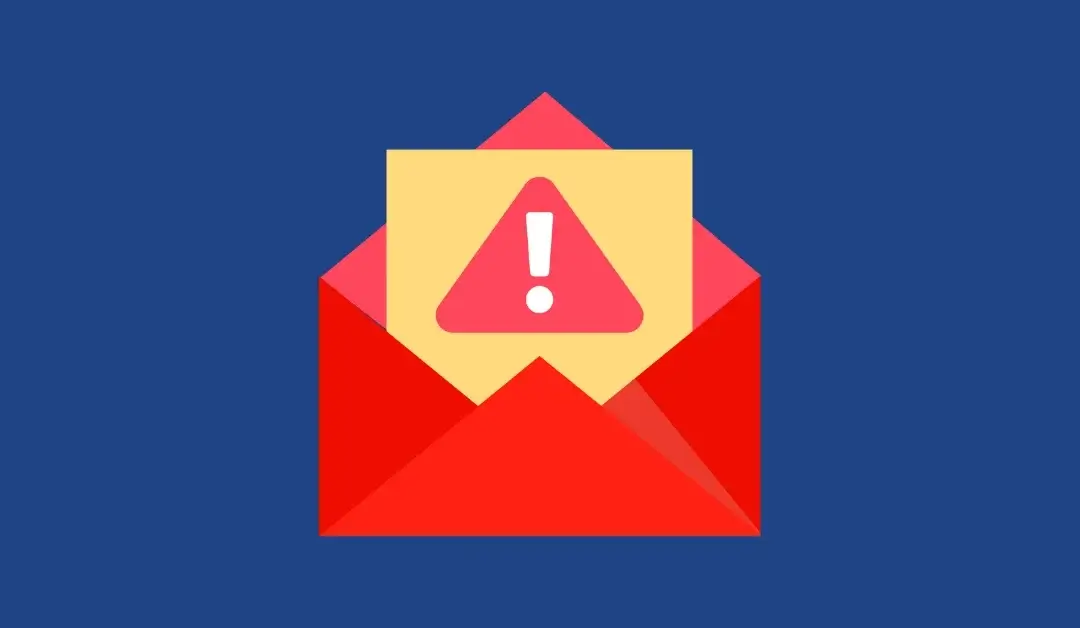The Truth About Domain Renewal Letters: Don’t Fall for the Scam
In the world of online domain management, it's not uncommon to receive what appears to be an official domain renewal letter in the mail. These letters often demand a significant sum of money, sometimes as high as $300 or $500, under the guise of renewing your domain or annual listing. However, I'm here to tell you that these domain renewal letters are nothing more than a scam, and you should never send them any money.
Recognizing the Bogus Domain Renewal Letter Scam
The letters you receive may look convincing, often bearing the name of organizations like the “Domain Network Authority” or similar official-sounding titles. They claim to be related to domain renewal, website domain authority, listing maintenance, annual listings, and more. But here's the truth: these letters are entirely bogus and have no connection to your actual domain registrar.


Your Domain Registrar Doesn't Send Letters
First and foremost, it's crucial to understand that legitimate domain registration services do not send domain renewal letters through snail mail. Instead, they typically handle all billing and renewals online. You receive email notifications, not physical letters. So, if you receive a letter in the mail regarding domain renewal, it's an immediate red flag.
The Exorbitant Cost Is a Telltale Sign
One of the primary indicators that these letters are a scam is the exorbitant cost they demand for renewal. Legitimate domain registration services offer reasonable pricing for renewals, usually in the range of $8 to $20 per year per domain. The $300 or $500 price tag on these scam letters is entirely out of line with industry standards.
How to Verify Your Domain Registrar
If you ever need clarification on the legitimacy of a renewal request, there are proper steps to follow. Instead of visiting the URL or calling the provided phone number on the letter, take these actions:
- Use reputable services like ICANN Lookup to identify your domain registrar. ICANN can provide information about your registrant and your domain's expiration date.
- To ensure you're dealing with your actual service provider, visit their website directly and log in using your credentials. Alternatively, call their customer service line using a number you find on their official website.
- Legitimate renewal notifications will also be visible within your account when you log in with your service provider.
Staying Vigilant Against Scams
In the digital age, scams are prevalent, and it's essential to remain vigilant. Always be cautious when dealing with domain-related correspondence, especially if it arrives via snail mail or email. Remember that your domain registrar will not send you physical letters demanding excessive payments.
If you ever find yourself uncertain about the authenticity of a domain renewal request, don't hesitate to seek guidance from professionals in the field. If you're one of my clients, please contact me for assistance and clarification.
In conclusion, don't fall victim to the domain renewal letter scam. Keep your guard, stay informed, and always verify the legitimacy of any requests related to your online domains and hosting. Your online security and financial well-being depend on it.



